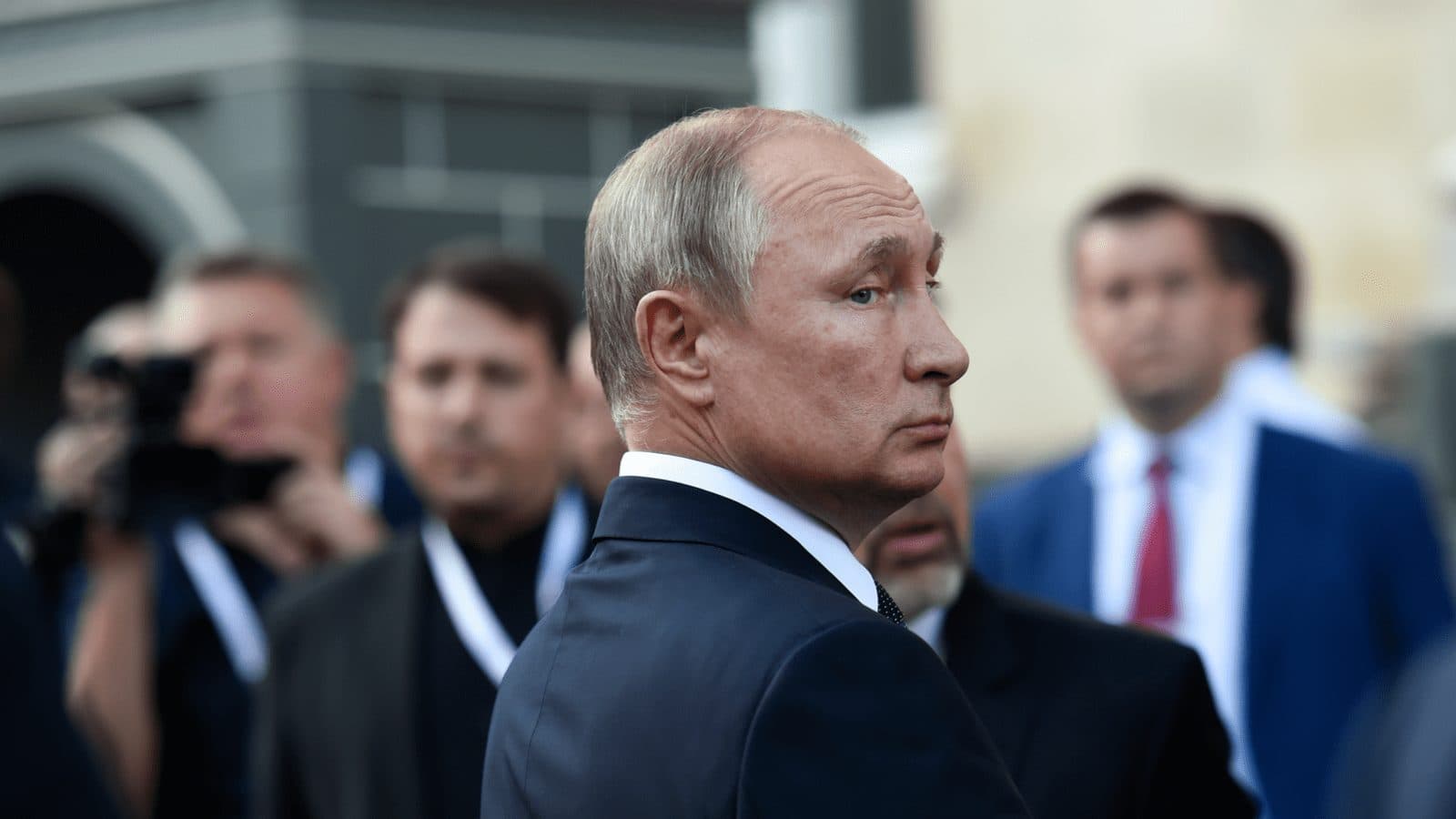Russia’s Move to Regulate Cryptocurrency Puts Other Countries on Notice
Russia is expected to draw up crypto legislation, including tax standards, by Feb. 18

Source: Shutterstock
- Russia’s central bank and President Vladimir Putin will have to reconcile their divergent views on digital assets
- The country accounts for 11% of the world’s bitcoin mining, giving lawmakers a large incentive to properly regulate the industry
Russia’s “unsurprising” move to regulate cryptocurrency is expected to spur other countries to follow suit, according to industry participants.
Following a framework drawn up by Russia’s government and central bank, policymakers are expected to draft fresh legislation or amend existing laws to oversee crypto as a currency. The measures, according to Russia, will stabilize any broader economic impacts from digital assets.
Anto Paroian, chief operating officer at digital assets investment fund ARK36, said Russia’s response to the rise of crypto reflects a broader shift in nations conceding the technology is here to stay.
“Overall, authorities [are starting to] recognize that crypto is becoming such an entrenched part of how people think about and deal with money in the digital age that the political and economic cost of banning it appears to be far greater than the risk involved in allowing it to coexist with the legacy financial systems,” Paroian told Blockworks via email.
Time is of the essence before international bodies start to influence policy, according to Nick du Cros, head of compliance and regulatory affairs at CoinShares.
“These proposals will likely send the message that countries should enact local regulations quickly and not wait for the [Group of Seven] to set international standards,” du Cros said, referring to the political forum made up of Canada, France, Germany, Italy, Japan, the UK and the US.
Anthony Pompliano, founder of Pomp Investments, wrote in a Wednesday newsletter that Russia turning a “sympathetic” ear to crypto — including putting digital assets on its balance sheet — would “force the hand of the United States.”
“There is a global competition underway that has a decentralized, open system at the heart of it; anyone can plug into the system,” Pompliano wrote. “The game theory is that no one wants to start the cascade, but once your adversary does it, you are forced to adopt the technology or risk being left behind.”
The US, at any rate, will be closely watching developments in Russia, which is set to draw up legislation by Feb. 18, including standards for taxing crypto.
The measures come after Russia’s central bank last month proposed restricting the circulation and exchange of cryptocurrencies, banning crypto investments by financial institutions and prohibiting crypto mining.
Since, Russian President Vladimir Putin said he supports a plan to tax and regulate mining, referring to “competitive advantages” Russia could gain from crypto mining.
Members of the US Congress, meanwhile, have held hearings on crypto in recent months, and industry watchers expect more regulatory clarity this year. A bipartisan bill introduced last week proposed tax exemptions for crypto transactions of $200 or less.
The US and Russia both have big economic incentives to get a plan in place, considering the latter accounts for about 11% of the world’s bitcoin mining, and the former controls 35%, according to the University of Cambridge’s Bitcoin Electricity Consumption Index. Both countries boosted their hashrate following China’s mining ban.
Whit Gibbs, CEO of Compass Mining, — which operates two mining facilities in Siberia, Russia — pegged the country’s approach as “do-no-harm,” adding that Russia has made solid strides in wooing international investors to set up mining operations there.
“I think most nations are already considering taking similar actions to recognize bitcoin and cryptocurrencies as currency,” Gibbs said. “This positive outcome hopefully influences other nations to take the same official stance.”
Get the news in your inbox. Explore Blockworks newsletters:
- The Breakdown: Decoding crypto and the markets. Daily.
- 0xResearch: Alpha in your inbox. Think like an analyst.






